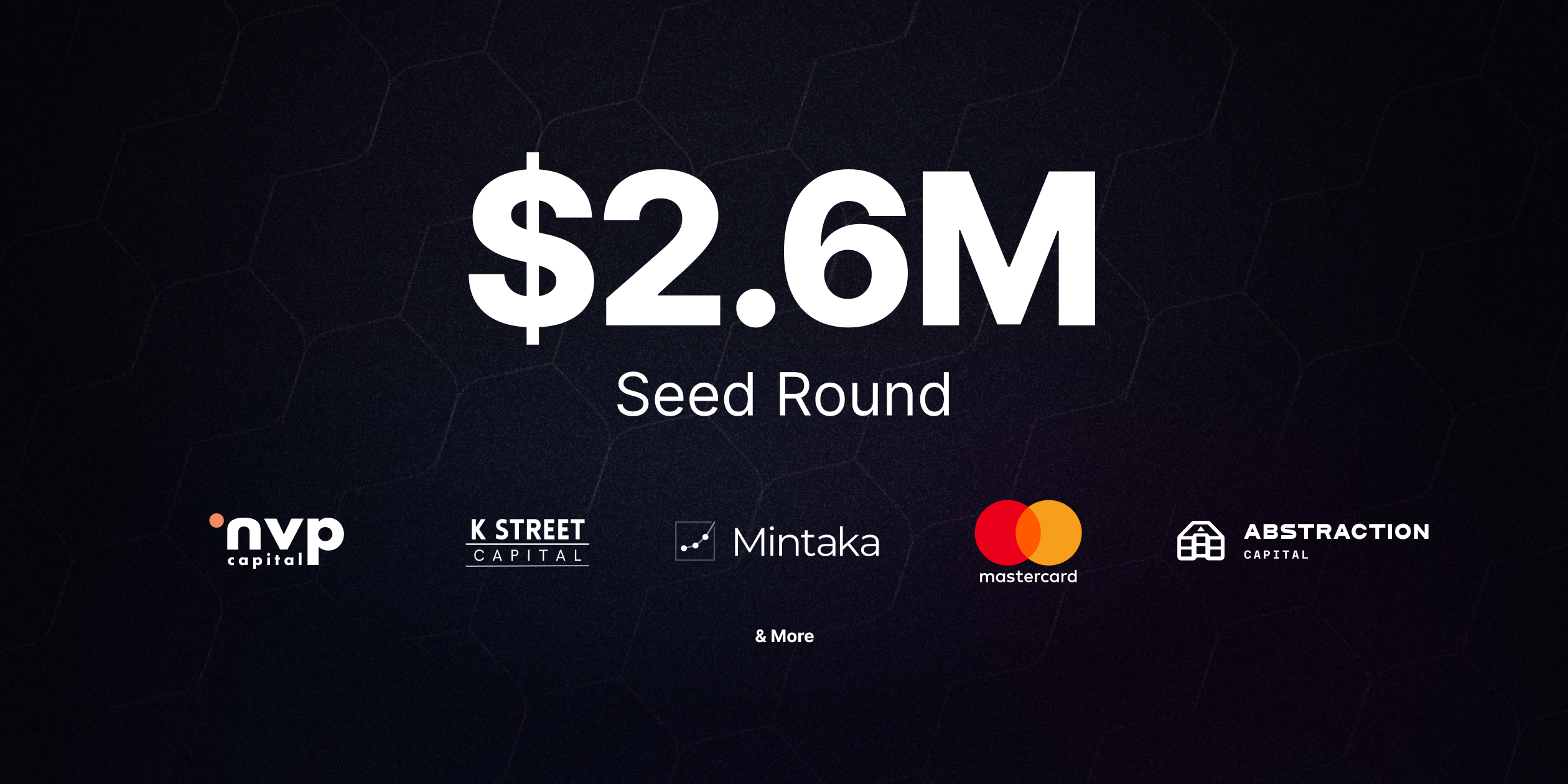
Fintech Failures: Lessons Learned from the Startups that Didn't Make It
“Families are always rising and falling in America.” Nathaniel Hawthorne
Well, so are fintech companies.
The past decade has seen an explosion of fintech startups, each promising to “revolutionize” or “disrupt” one thing or another.
It’s hard to keep up with sometimes, and there’s been plenty of ink spilled to recount the success stories.
This article is about the ones that didn’t make it. Let’s have fun and take a look:
Wonga (2018)
What they offered: Short-term, high-interest loans to UK consumers.
Notable Investors: Balderton Capital (Series A, Series B); Accel Partners (Series A, Series B); Oak Investment Partners (Series C); 83North (Greylock Israel) (Series A, Series B).
Why they were hot: Wonga was a pioneer in online payday lending, promising quick and convenient loans. It was initially celebrated for its innovative use of data to assess loan applications.
Why they were not: Collapsed under the weight of regulatory fines and compensation claims for irresponsible lending practices. Thousands of customers and investors were impacted.
What's the lesson here?: Ethical practices and regulatory alignment are non-negotiable in financial services, especially in sectors vulnerable to exploitation, like payday lending.
Finn by Chase (2019)
What they offered: A digital banking platform targeted at US millennials, offering spend-tracking and savings tools.
Notable Investors: Owned by JPMorgan Chase & Co.
Why they were hot: Backed by JPMorgan Chase, Finn aimed to attract a younger customer base with features tailored to their needs. The promise was a banking experience aligned with younger consumers' preferences.
Why they were not: Closed due to low adoption and Chase's decision to refocus on its main app. The move disappointed users who appreciated Finn's unique features.
What's the lesson here?: Even well-funded companies need a clear value proposition and market demand; integration with existing services can sometimes overshadow standalone products.
Lendy (2019)
What they offered: Peer-to-peer lending for property investments in the UK market.
Notable Investors: ESF Capital.
Why they were hot: Promised high returns on secured loans, disrupting traditional property financing. Backed by the allure of real estate investment, it attracted both investors and borrowers.
Why they were not: Collapsed due to a high rate of loan defaults and increased regulatory scrutiny, leading to its administration. Investors faced significant losses.
What's the lesson here?: The critical importance of risk assessment in lending and the impact of regulatory compliance on operational viability.
Beam (2020)
What they offered: High-interest rates on savings accounts for US consumers.
Notable Investors: Obvious Ventures (Seed); Accel (Series A); Propel Venture Partners (Series A); Marqeta CEO Jason Gardner (Series A).
Why they were hot: Beam promised significantly higher interest rates compared to traditional banks, aiming to disrupt the savings account market with a tech-forward approach. Initial excitement was fueled by promises of democratizing high-yield savings for everyone, not just the wealthy.
Why they were not: Failed due to operational issues, regulatory challenges, and ultimately a lack of funding, leaving customers struggling to access their funds. The specifics of investor involvement are less public, but the abrupt closure hurt consumer trust.
What's the lesson here?: Sustainable operations and clear, regulatory-compliant business practices are crucial in the financial sector, especially when promising above-market returns.
Moven (2020)
What they offered: Mobile banking services and financial management tools for US consumers.
Notable Investors: Route 66 Ventures (Series A); Anthemis Group (Series A, Series B); SBT Venture Capital (Series B); Center for Financial Services Innovation (CFSI) (Series A)
Why they were hot: As a pioneer in mobile banking, Moven sought to disrupt traditional banking with a focus on user experience and real-time financial insights.
Why they were not: Faced financial difficulties and sold its consumer platform to Varo Money, pivoting to focus on its enterprise software services. The transition left many users seeking alternatives.
What's the lesson here?: Financial viability and strategic focus are crucial; businesses may need to pivot to sustainable models when faced with financial challenges.
Celsius Network (2022)
What they offered: A crypto lending platform offering nose-bleed-high interest rates on crypto deposits.
Notable Investors: WestCap (Series B); Caisse de dépôt et placement du Québec (Series B).
Why they were hot: Celsius lured investors with high returns on cryptocurrency deposits, aiming to take a dent out of traditional banking.
Why they were not: Filed for bankruptcy when the tide came in during the crypto market downturn of 2021/2022. Who can forget that level of unhinged fraud?
What's the lesson here?: Fun fact: I won’t mention names, but I personally had dinner with a few of the high-profile members of the company before the isht hit the fan. They were flying high at the time. I asked a simple question: “where does your yield come from?” I couldn’t get a straight answer, and that was enough for me. Celsius was a painful reminder “there’s no such thing as free lunch.”
Mogo (2022)
What they offered: A wide range of fintech solutions, including loans and mortgages, to Canadian consumers.
Notable Investors: Fortress Investment Group; Difference Capital Financial (IPO)
Why they were hot: Mogo aimed to disrupt traditional financial services with a comprehensive digital platform, backed by significant venture funding. It was touted for its innovative approach to personal finance.
Why they were not: Suffered a significant decline in stock price amid operational challenges and competitive pressures. The specific causes of its difficulties are complex, involving market competition and execution challenges.
What's the lesson here?: The need for clear differentiation and strong execution in the competitive fintech market; innovation alone isn't enough without market traction and financial stability.
Daylight (2023)
What they offered: An LGBTQ+ banking platform offering inclusive financial products.
Notable Investors: CMFG Ventures (Seed); Financial Venture Studio (Seed); Kapor Capital (Seed); Y Combinator (Seed).
Why they were hot: Aimed to address the unique financial needs of the LGBTQ+ community, offering a niche but necessary service.
Why they were not: Closed after allegations of misconduct by a founder, highlighting the impact of leadership issues on startup viability.
What's the lesson here?: Leadership integrity and corporate governance are as critical as the product itself.
Bonus: Bolt
What they offered: One-click checkout and payment services for online retailers in the US.
Notable Investors: General Atlantic (Series C, Series D, Series E); WestCap (Series D, Series E); Activant Capital (Series C, Series E); Tribe Capital (Series C, Series E); Untitled Investments (Series E).
Why they were hot: Bolt sought to disrupt the e-commerce sector by simplifying the checkout process, attracting significant investment and partnerships with promises of boosting conversion rates for online merchants.
Why they were not: While Bolt continues to operate and expand, it faces intense competition from other fintech solutions and the constant challenge of innovating to stay ahead. The e-commerce space is rapidly evolving, with new technologies continuously emerging.
What's the lesson here?: Continuous innovation and maintaining a competitive edge are crucial in the fintech sector. Companies must adapt quickly to changing market dynamics and customer expectations to thrive.




